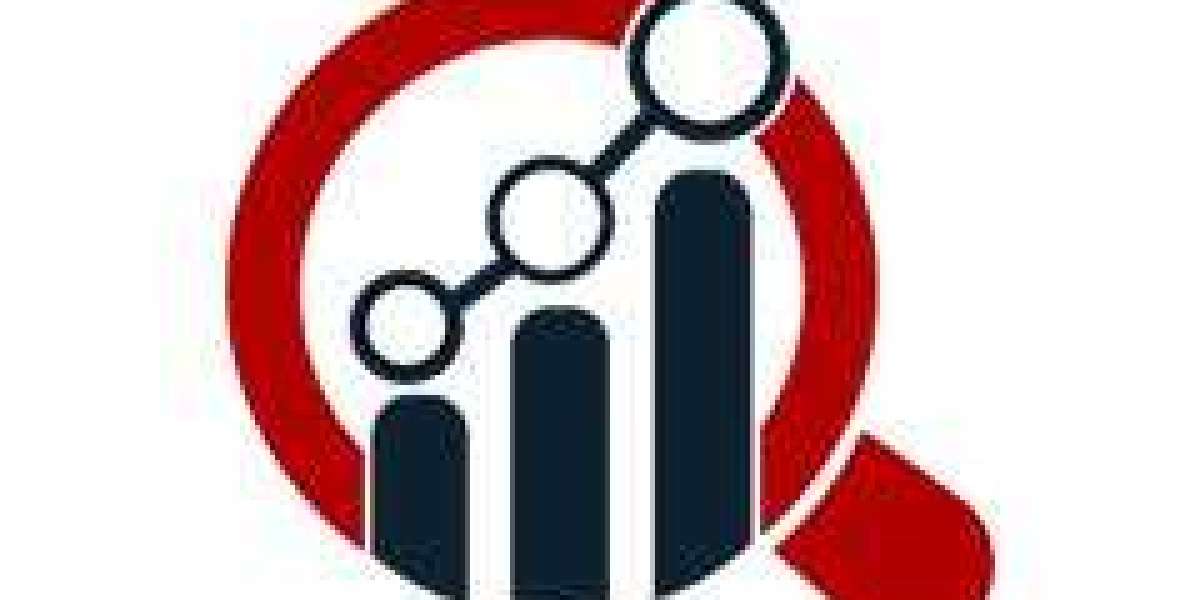ASD Occluder Device Market Overview
The ASD Occluder Device Market has experienced significant growth in recent years, driven by advancements in medical technology and increasing awareness about congenital heart defects. An Atrial Septal Defect (ASD) occluder device is a medical instrument used to close a hole in the wall between the heart's two upper chambers.
Market Size
The ASD Occluder Device Market Size is expanding rapidly. In 2023, the global market was valued at approximately USD 1.47 billion and is projected to reach USD 7.09 billion by 2032. This growth is attributed to the rising incidence of congenital heart defects and technological innovations in occluder devices. Increased healthcare spending and improvements in diagnostic techniques also contribute to the market’s expansion.
Market Share
The ASD Occluder Device Market Share is dominated by a few key players who have established a strong presence through extensive research and development. Major companies such as Abbott Laboratories, Medtronic, and Boston Scientific hold a substantial share of the market. These players leverage their advanced technological capabilities and extensive distribution networks to maintain their market position. Regional players are also emerging, contributing to the competitive landscape of the market.
Market Analysis
The ASD Occluder Device Market Analysis reveals a robust growth trajectory driven by several factors. The increasing prevalence of congenital heart defects, advancements in medical imaging techniques, and the growing geriatric population are key drivers of market growth. Additionally, the shift towards minimally invasive procedures has boosted the demand for ASD occluder devices. The analysis also highlights the growing preference for implantable devices due to their effectiveness and reduced recovery times compared to traditional surgical methods.
Market Trends
Current ASD Occluder Device Market Trends include a rising focus on technological advancements and product innovation. Companies are developing new devices with improved materials and design features to enhance efficacy and patient comfort. For instance, the introduction of biocompatible materials and customizable devices are becoming increasingly popular. Moreover, there is a growing emphasis on conducting clinical trials to demonstrate the long-term safety and effectiveness of these devices, which is expected to further drive market growth.
Key players in the healthcare industry include Medtronic plc, Edwards Lifesciences Corporation, Gore Medical, Inc., Occlutech Holding AG, CryoLife, Inc., and St. Jude Medical, Inc. These companies, along with JenaValve Technology, Inc., Merit Medical Systems, Inc., LivaNova PLC, MicroPort Scientific Corporation, and Boston Scientific Corporation, are at the forefront of developing innovative medical technologies. Additionally, Terumo Medical Corporation, Abbott Laboratories, Cardia, Inc., and Teleflex Incorporated contribute significantly to advancements in medical devices and solutions. Together, these firms drive progress and innovation across various medical sectors, enhancing patient care and treatment outcomes.
Market Segmentation
The Device Type encompasses various medical technologies, including diagnostic tools, therapeutic devices, and monitoring equipment. The Material used in these devices varies from metals and polymers to advanced biocompatible substances, tailored to enhance performance and safety. Application areas include cardiology, orthopedics, neurology, and other specialized fields, each requiring specific device features. Deployment methods range from in-hospital installations to portable and home-use solutions, reflecting the diverse needs of healthcare settings. End Users include hospitals, outpatient clinics, research institutions, and home care providers, each utilizing these devices to improve patient outcomes. Regional variations in device use and availability are influenced by local healthcare infrastructure, regulatory standards, and market demand, impacting how and where these technologies are deployed.
Market Dynamics
The ASD Occluder Device Market Dynamics are shaped by several factors. Drivers include technological advancements, increasing awareness about congenital heart diseases, and the growing adoption of minimally invasive procedures. However, the market also faces challenges such as high costs associated with advanced devices and regulatory hurdles that could impact market growth. Opportunities exist in emerging markets where healthcare infrastructure is improving, and there is an increasing demand for advanced medical devices.
Recent Developments
Recent ASD Occluder Device Market Recent Developments include innovations in device design and material science. Companies are focusing on developing next-generation devices that offer enhanced performance and patient outcomes. Additionally, there has been a rise in partnerships and collaborations aimed at expanding market reach and improving product offerings. Clinical trials and studies continue to play a crucial role in advancing the technology and demonstrating the benefits of new ASD occluder devices.
Related Report
Amikacin Sulfate Injection Market
Antibacterial Wound Dressing Market
Acute Migraine Treatments Market



